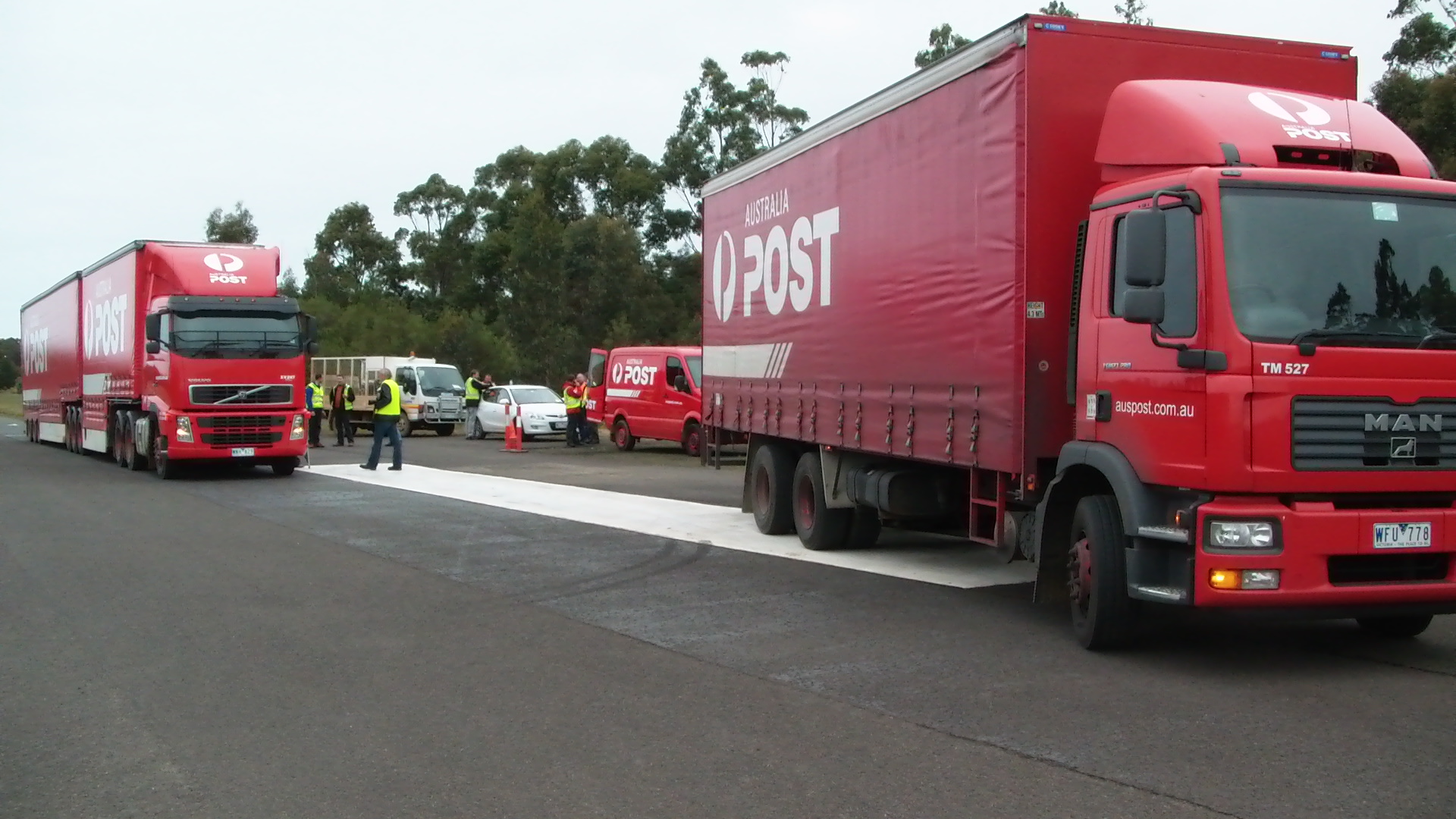Saving energy in Transport is rewarding and important, but difficult.
Rewarding, because liquid transport fuels are an expensive form of energy. And the process of identifying transport energy efficiency opportunities usually reeals opportunities to improve transport productivity, increase vehicle utilisation, and generate more income with the same workforce, vehicles and depot facilities.
Managing energy in transport is also important because of the need to ensure that the essential transport services can continue as transport fuels become more expensive (which they will).
Energy efficiency projects in transport can also be used as a catalyst for improving the overall transport operation, not just the energy consumption. The steps which are needed in order to effectively manage transport energy (understanding corporate goals, business model, customer requirements, fleet composition, energy data and transport data collection and analysis defining and calculating appropriate benchmarks and targets, etc.) are also necessary in order to improve other aspects of transport operations.
Difficult, because transport is so dynamic, with the load and energy use changing continually in response to customer requirements, route selection, traffic conditions, driver inputs, road surface, wind speed and direction, vehicle mass, etc. These inputs and energy use vary by the second, and across a fleet of vehicles which are geographically dispersed and difficult to collect information on. Add to these complexities the multiple transport task each vehicle undertakes each month (if not each day).
Genesis Now assisted Australia Post to design and conduct 132 tests of articulated truck and rigid truck fuel consumption, at the Australian Automotive Research Centre, Anglesea (Vic)
Genesis Now transport energy efficiency projects include:
- working with the Commonwealth Department of Resources Energy and Tourism to develop, trial and refine the application of the Energy Efficiency Opportunities ‘key requirements’ in the transport sector (working with major line-haul transport company Bunker Freight Lines {now part of the Swire Group}).
- writing the Energy Efficiency Opportunities; Transport ‘Energy Mass Balance’ (really a guide to understanding and saving transport energy) – available here.
- co-authoring (with Mark Bernard of Fleet Software and Services) the Energy Efficiency Opportunities ‘Representative Assessment Guide’ (available here). This included consulting with transport operators such as:
- Brisbane City Council (bus fleet)
- Telstra (service vehicle fleet)
- Queensland Rail (freight and passenger services)
- Boral
- assisting the Commonwealth Department of Resources Energy and Tourism as the ‘energy expert’ on Energy Efficiency Opportunities verification panels of participating transport organisations including:
- Railcorp NSW
- Jet Systems
- Skywest
- Public Transport Authority of Western Australia (PTAWA).
- a wide range of projects with Australia Post, to identify, assess (including quantifying the energy savings and costs) and trial transport energy efficiency opportunities.
- analysing energy usage and transport efficiency KPIs, and facilitating a staff energy efficiency workshop. This resulted in the identification of 45 opportunities, 30 of which could be implemented with no capital investment or changes to equipment. Over the ensuing nine months many of these no-cost and low-cost opportunities were implemented, resulting in a 25% reduction in the fuel consumption per tonne of waste collected. Improvements in route planning and job scheduling also allowed the company to generate more income using the same transport fleet and workforce.

